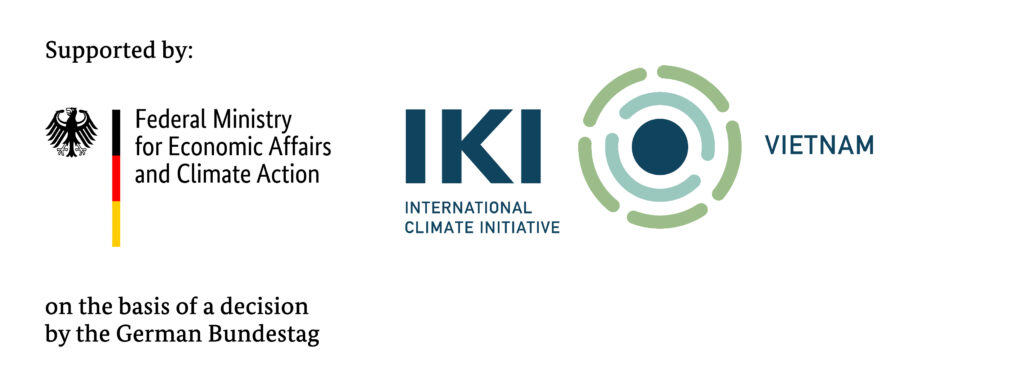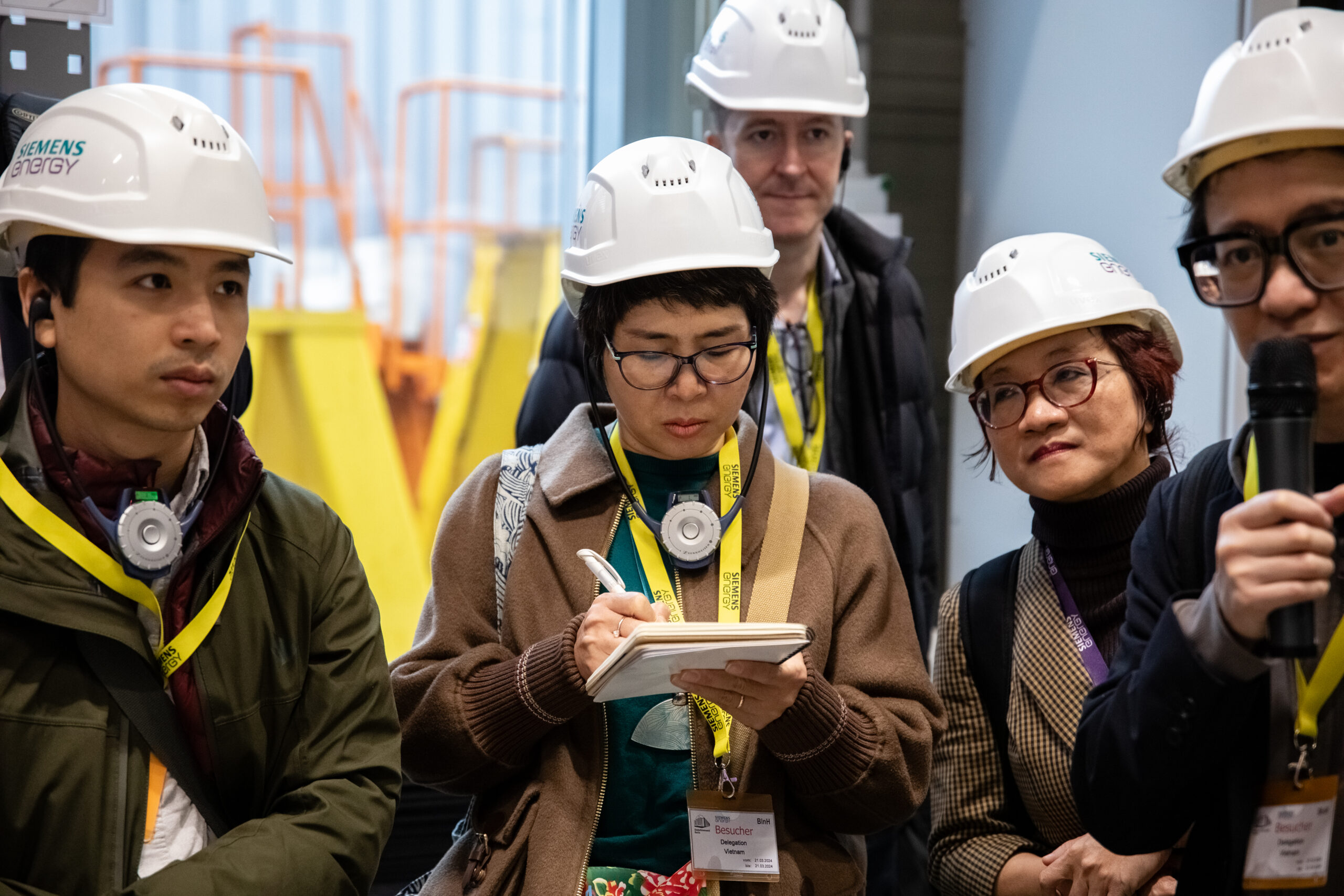In March 2013, the Prime Minister promulgated a Decision on approval of the National Energy Efficiency Programme (VNEEP) for the period 2019-2030. As a result, the programme entered its third phase following two implementation phases during 2006-2010 and 2011-2015. The Programme led to over 16 tonnes of oil equivalent (TOE) of energy savings; in particular, for 2011- 2015, the efficiency rate was 5.65 %, which corresponds to a total of 11.8 million TOE of energy savings for the period. Despite some positive results, Vietnam still has a lot of technical opportunities to minimize energy loss and waste in supply and utilization processes across all sectors, from industrial production and commerce to household consumption.
Specific objectives include reducing national energy consumption by 8-10% from 2019 to 2030; reducing power loss to less than 6%; enhancing the policy mechanism and legal regulations on energy efficiency; and amend and supplement the Law on Economical and Efficient Use of Energy and by-law documents. These objectives will be achieved through improved energy efficiency in specific industrial sub-sectors, capacity building for 3,000 energy management/energy audit specialists, an energy labelling programme for building materials that require thermal insulation, and numerous additional measures.





